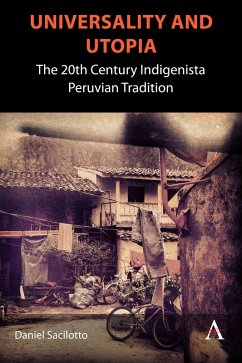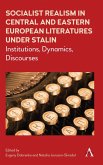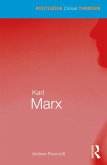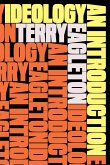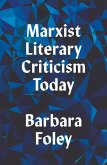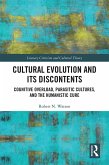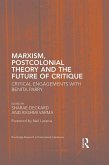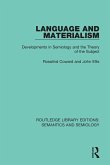This book explores the intersection between philosophical and literary universalism in Latin America, tracing its configuration within the twentieth-century Peruvian socialist indigenista tradition, following from the work of José Carlos Mariátegui and elaborated in the literary works of César Vallejo and José MaríaArguedas. Departing from conventional accounts that interpret indigenismo as part of a regionalist literature seeking to describe and vindicate the rural Indian in particular, I argue that Peruvian indigenista literature formed part of a historical sequence through which urban mestizo intellectuals sought to imagine a future for Peruvian society as a whole. Going beyond the destiny of acculturation imagined by liberal writers, such as Manuel González Prada, in the late nineteenth century, I show how the socialist indigenista tradition imagined a bilateral process of appropriation and mediation between the rural Indian and mestizo, integrating pre-Hispanic, as well as Western cultural and economic forms, so as to give shape to a process of alternative modernity apposite to the Andean world. In doing so, indigenista authors interrogated the foundations of European Marxism in light of the distinctiveness of Peruvian society and its history, expressing ever more nuanced figurations of the emancipatory process and the forms of its revolutionary agency.
Dieser Download kann aus rechtlichen Gründen nur mit Rechnungsadresse in A, D ausgeliefert werden.

